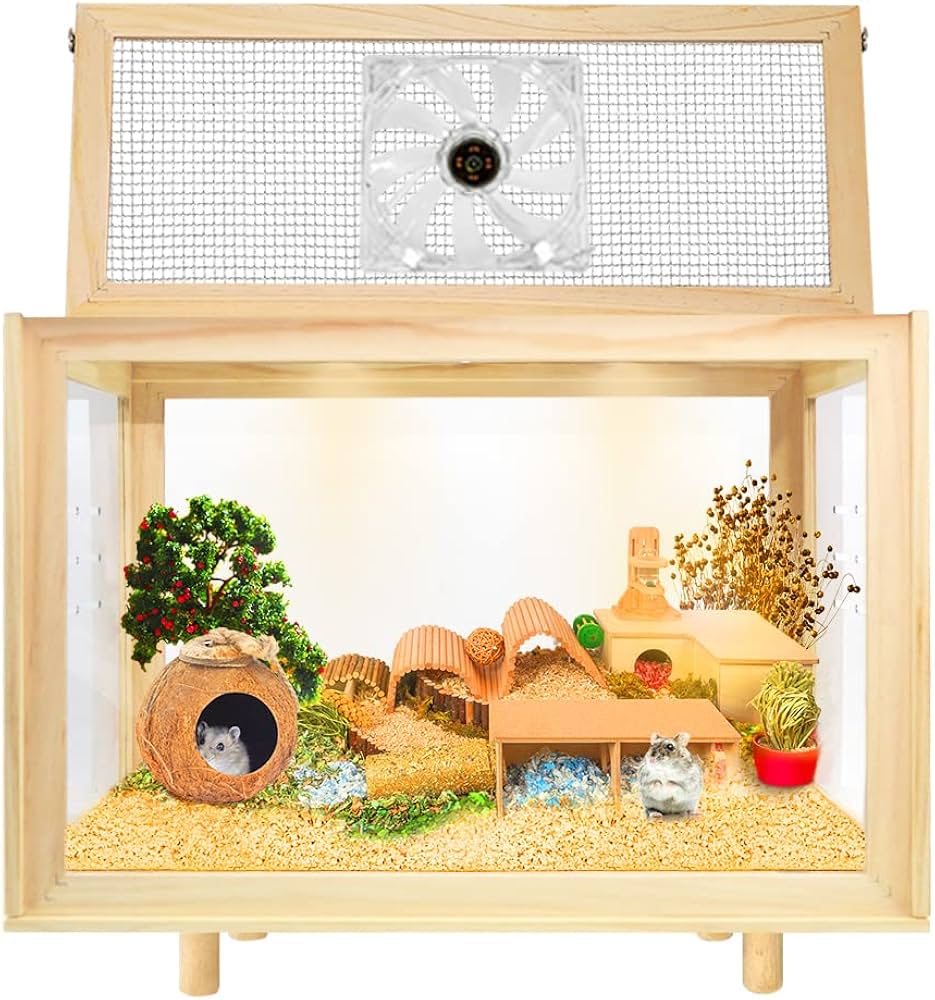Essential Guide to the Best Snails for Your Betta Tank in 2025
Top 5 Snails Perfect for Betta Fish Tanks
As we explore the best snails for your betta tank, consider their compatibility with your betta, maintenance needs, and their ecological impact. Here are five excellent choices:1. Nerite Snails: Natural Algae Eaters
Nerite snails are a popular addition to betta tanks due to their exceptional algae-eating capabilities. These small snails do not reproduce in freshwater, which makes them ideal for controlling algae without the risk of population explosions. Their unique patterns add visual interest, and they thrive in various water conditions ideal for bettas. - **Care Tips**: Ensure the tank is well-cycled and provide a varied diet of algae and high-quality fish food. Monitor their interactions with your betta to avoid stress. - **Advantages**: Nerite snails help maintain water quality by reducing algae, making them essential for a well-balanced betta ecosystem.2. Mystery Snails: Colorful Companions
Known for their vibrant colors and unique shapes, mystery snails are both aesthetically pleasing and functional. These snails consume leftover food and detritus, contributing to a cleaner tank environment. - **Compatibility**: Mystery snails are usually peaceful and enjoy similar water parameters as bettas. - **Maintenance**: Keep their tank clean and feed them algae wafers or blanched vegetables. Regular water changes will support both the snails and betta fish.3. Pest Snails: Natural Cleaners
Pest snails, such as pond or ramshorn snails, can often be found in aquariums unintentionally. While they may not be traditionally sought after, they can contribute significantly to the cleanliness of your aquarium by consuming detritus. - **Handling Population**: Keep an eye on their numbers, as they can breed rapidly. Regular tank maintenance and environmental checks can help regulate their population. - **Care Requirements**: Ensure they have plenty of hiding spots and eat leftover food, promoting a balanced growth.4. Apple Snails: Large and Dynamic
Apple snails are larger than many other freshwater snails, making them easy to spot and manage. They come in various colors and patterns, adding significant visual appeal to your tank. - **Tank Setup**: Apple snails require sufficient surface area and places to hide. Their larger size makes them compatible with adult bettas, though caution is advised with more aggressive individuals. - **Nutritional Needs**: Diet should include algae and plant matter, ensuring they remain healthy and active in your tank.5. Ramshorn Snails: Great for Beginners
Ramshorn snails are easy to care for and can coexist harmoniously with your betta. Their striking shapes and colors enhance the tank aesthetic while providing cleaning benefits. - **Compatibility**: They are generally peaceful but do not tolerate aggressive bettas well. Monitor interactions carefully to reduce stress. - **Feeding**: They thrive on algae and biofilm, so providing a varied diet will keep their population stable.Understanding Snail and Betta Compatibility
After selecting the right types of snails for your betta tank, it’s essential to ensure they are compatible with your fish. Compatibility will dictate the health of both species in the aquarium.Assessing Compatibility Factors
Compatibility between bettas and snails includes several factors: 1. **Behavioral Traits**: Bettas can exhibit aggressive behavior. It’s crucial to observe interactions between your snails and betta. Ideally, opt for slower-moving snails that can coexist peacefully with bettas. 2. **Size Considerations**: Ensure snails are large enough not to be seen as food. Smaller varieties may be at risk from curious bettas. Both species require adequate space to thrive. 3. **Habitat Needs**: Create an optimal habitat for both species, considering water temperature, pH balance, and substrate type. Maintaining appropriate parameters is essential for their health.Creating a Balanced Betta Environment
When setting up a betta tank with snails, consider the following: - **Tank Size Recommendations**: A minimum of 10 gallons is recommended for keeping a betta and snails together. This size provides enough space for swimming, hiding, and establishing territories, which is essential for maintaining peace. - **Tank Decor Options**: Choose decorations that provide hiding spots for both bettas and snails. Live plants, rocks, and driftwood work well to create a natural environment. Avoid sharp edges that could injure delicate snail bodies. - **Water Quality Management**: Regular water changes and efficient filtration systems will help maintain optimal water parameters conducive to both snails and bettas. Monitor water quality regularly to ensure the well-being of both species.Best Practices for Maintaining Snails in Betta Tanks
To sustain a thriving environment for both your betta and selected snails, certain maintenance practices are vital.Feeding Schedule for Betta Tanks
Establish a feeding schedule that ensures snails receive adequate nutrition: - **Snail Diet**: Incorporate high-quality algae wafers, blanched vegetables, and detritus in their diet. Observing how your betta interacts with the feeding process can provide insights into their behavior. - **Avoid Overfeeding**: Both the betta and snails should not overindulge, as excess waste can negatively impact water quality.Monitoring Water Quality in Fish Tanks
Keeping an eye on your aquarium’s water quality will be essential: 1. **Regular Testing**: Use water testing kits to monitor parameters like pH, ammonia, nitrite, and nitrate levels regularly. Aim to keep conditions stable for optimal health. 2. **Water Change Frequency**: A good practice includes changing 20% to 25% of the tank water weekly to reduce toxins and replenish nutrients.Managing Snail Population in Your Tank
To prevent overcrowding: - **Preventative Measures**: Only introduce snails that match your tank specifications. Avoid introducing pregnant snails unless you intend to manage the population responsibly. - **Observing Snail Behavior**: Keep an eye out for signs of stress or overpopulation, such as excessive algae buildup or frequent fighting for resources.Conclusion: Enhancing Your Betta Tank
Incorporating snails into your betta tank can yield several benefits—from enhanced algae control to increased visual appeal. By selecting compatible species and following established care practices, you can create a thriving aquatic environment that supports both your betta and snails. Remember, understanding behavioral interactions, maintaining water quality, and monitoring populations are key components of ensuring a successful aquarium experience. Implementing these best practices will lead to a healthier, more vibrant tank where both your betta and snails can thrive.

